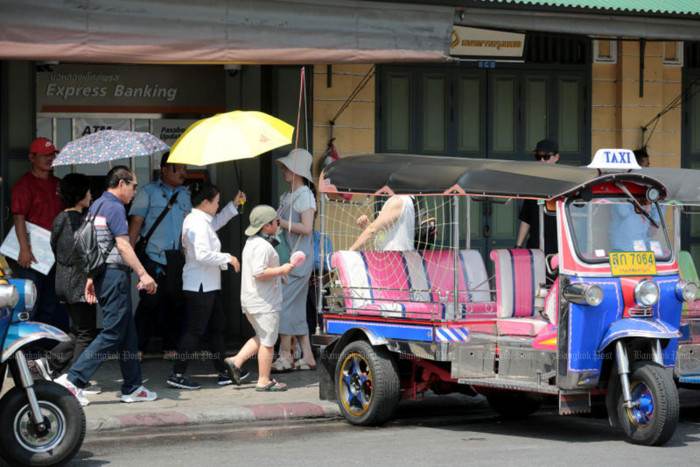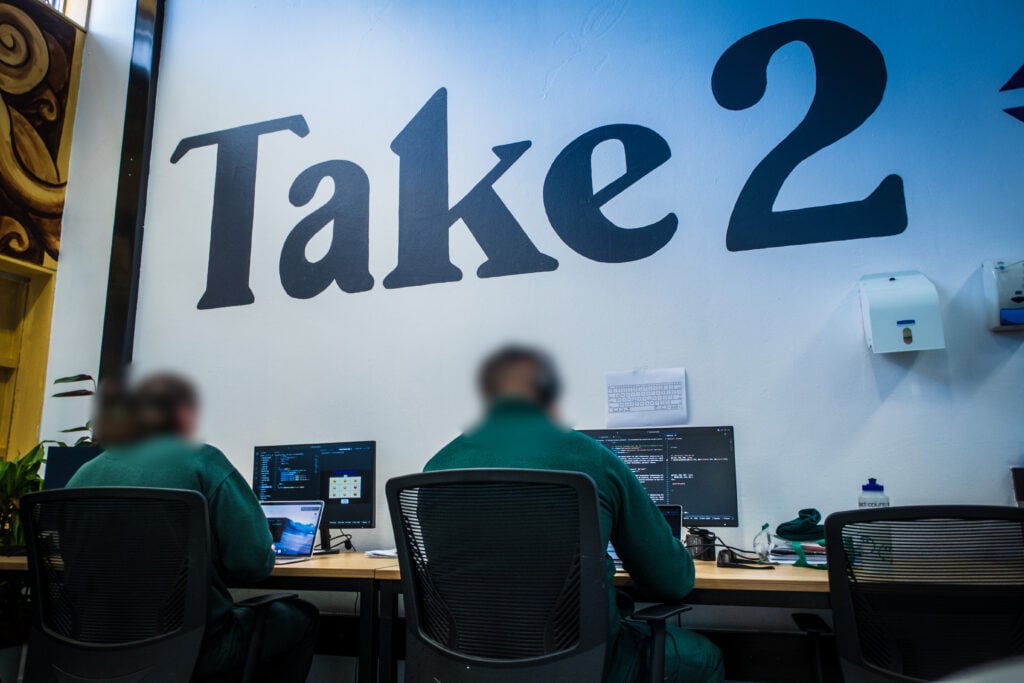Minister warns of low inflation

NASA Space Technology
Figures show that people aren’t spending and that is unhealthy for the economy, says Paopoom

The prolonged period of low inflation in Thailand poses a danger to the economy, warns Deputy Finance Minister Paopoom Rojanasakul.
According to Mr Paopoom, consumer inflation rates have fallen below the target ranges set for both core inflation and headline inflation.
The Bank of Thailand currently has an inflation target range of 1-3%.
“We have been out of the inflation range for a year now,” he said on Tuesday. “No country would allow inflation to stay out of the target range for such an extended period. If it is out of range for just 3-4 months, it is considered a red flag indicating urgent action is needed.
“When inflation is below the target range for an extended period, it means there is no spending, people are choosing not to buy goods, so prices do not rise. Therefore, the flow of money in the economy is low and this situation needs to be resolved promptly.”
The Bank of Thailand recently released a presentation in which it reviewed the prices of goods from 2019 to 2024, showing that many items have increased in price. Mr Paopoom believes this does not tell the whole story.
“When we look at inflation, we need to look at the current official figures for both core and headline inflation which are both still below the target,” he said.
The country’s headline inflation rate slowed in June as fresh food prices decelerated and the impact of the low base for electricity prices a year earlier ended, according to the latest data from the Ministry of Commerce.
The headline consumer price index (CPI) rose 0.62% in June from a year earlier, slowing from the previous month’s rise of 1.54%. Core CPI, which excludes volatile food and energy prices, rose 0.36% in June and was up by just 0.41% in the first half of 2024.
“The inflation rates at these levels are the rates at which we have already stepped on the fiscal accelerators,” said Mr Paopoom.
“If we had not accelerated fiscal measures and had remained passive since the beginning of the year, current inflation could be around 0.2%, a level that would pose economic problems.”
He said the government is not satisfied with the economic growth rate of 2%, so the Ministry of Finance needs to carry out continuous fiscal measures to stimulate the economy.
These include tax measures to promote tourism in secondary cities, which have already been approved by the cabinet, and a 100-billion-baht soft loan programme from the Government Savings Bank, which will be submitted to the cabinet next week.
The key monetary measure is the interest rate, he said.
Despite endless calls from the prime minister and his ministers for lower interest rates to stimulate the economy, the Bank of Thailand left its benchmark rate unchanged at 2.50% for a fourth straight meeting last month. The next rate review is on Aug 21.
“I will continue to call for monetary measures until I get a satisfactory explanation about why the economic situation is like this and why inflation is like this,” said Mt Paopoom.
In a related development, the Council of State, the government’s legal advisory body, has approved a draft of an additional budget of 122 billion baht for fiscal 2024 to fund the government’s flagship digital wallet handout programme, deputy government spokeswoman Rudklao Intawong Suwankiri.
The draft has been approved by the cabinet and is is expected to be presented to the House for consideration by July 17, she said.



 Hot Deals
Hot Deals Shopfinish
Shopfinish Shop
Shop Appliances
Appliances Babies & Kids
Babies & Kids Best Selling
Best Selling Books
Books Consumer Electronics
Consumer Electronics Furniture
Furniture Home & Kitchen
Home & Kitchen Jewelry
Jewelry Luxury & Beauty
Luxury & Beauty Shoes
Shoes Training & Certifications
Training & Certifications Wears & Clothings
Wears & Clothings
















